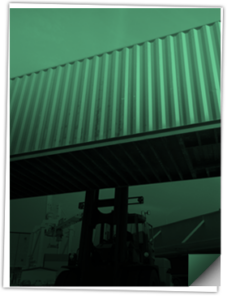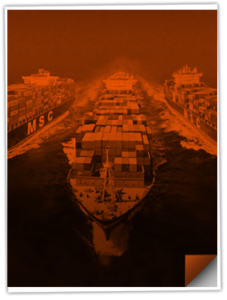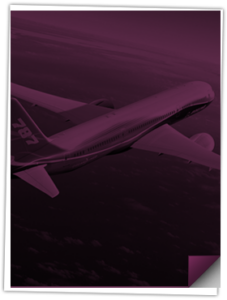Import Licenses: What Importers Need to Know
What Is an Import License? Do You Need One to Import Into the U.S.?
An import license is an official government authorization that allows individuals or companies to bring specific goods into a country. While most imports into the United States do not require a general import license, certain commodities—especially those related to health, safety, agriculture, and defense—may require agency-specific permits or licenses.
If you’re importing regulated goods like food, firearms, textiles, or chemicals, understanding whether you need an import license is essential for compliance and avoiding costly customs delays.
When Is an Import License Required?
Here are common situations where an import license or special permit is required to bring goods into the U.S.:
- Alcohol, tobacco, or firearms (Bureau of Alcohol, Tobacco, Firearms and Explosives – ATF)
- Food, beverages, or dietary supplements (U.S. Food and Drug Administration – FDA)
- Textiles and apparel subject to quotas (Office of Textiles and Apparel – OTEXA)
- Pesticides and chemicals (Environmental Protection Agency – EPA)
- Plants, seeds, and agricultural goods (U.S. Department of Agriculture – USDA/APHIS)
- Products with endangered species content (Fish and Wildlife Service – FWS)
- Military or dual-use items (Bureau of Industry and Security – BIS or Department of State DDTC)
- Radio-frequency or telecom equipment (Federal Communications Commission – FCC)
Failure to comply with licensing regulations can result in seizures, fines, and shipment rejections.
How to Get an Import License in the U.S.
There is no single application or one-size-fits-all process. Here’s how it typically works:
- Determine if your product is regulated.
Review the Harmonized Tariff Schedule (HTS) code and check if your product falls under any agency jurisdiction. - Identify the appropriate agency.
For example, food products require FDA Prior Notice, while firearms need ATF Form 6 or 6A. - Apply for permits or licenses as needed.
Each agency has its own forms, processes, and lead times. - Maintain documentation for customs.
Ensure all required permits are submitted with the Customs Entry (CBP Form 7501). - Work with a licensed customs broker or 3PL to help manage compliance and submissions.
Example: FDA-Regulated Goods
If you’re importing packaged food or dietary supplements, the FDA requires:
- Prior Notice submission through the FDA system
- Facility registration
- Accurate labeling and ingredient disclosure
- Possible inspection or sampling at the port of entry
Without proper documentation, your shipment may be held or refused entry.
Need help with your shipments? Contact us today!



